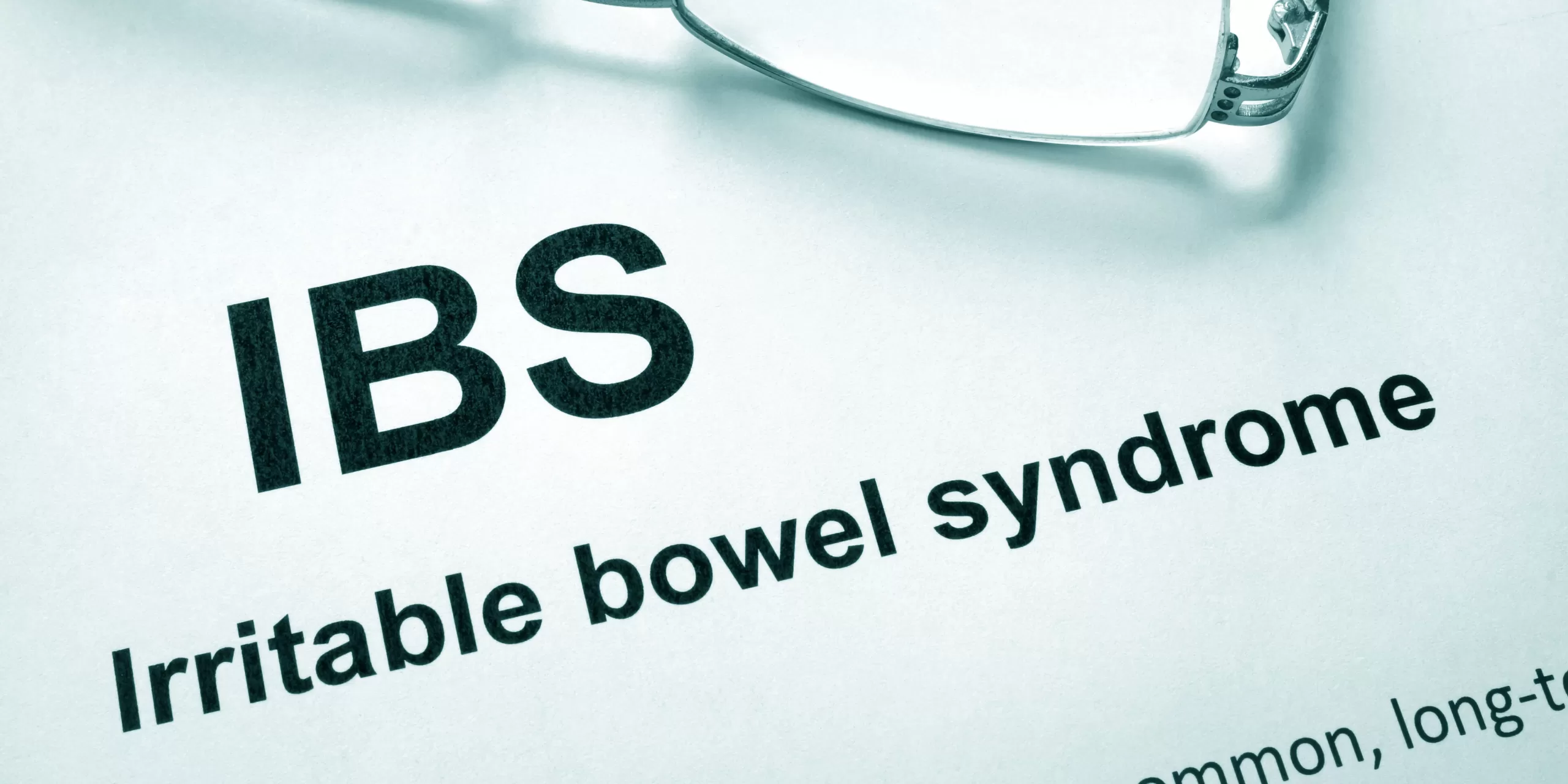

Dt. Natasha Mohan
Dietitian Natasha Mohan is one of the most influential and renowned nutritionist and dietitian, with over 3 Million Followers on YouTube and 200+ Million Views and with 10+ Years of Experience. Dietitian Natasha Mohan is a transformation expert, Motivational Speaker and Lifestyle Expert. She has touched million of lives. She specializes in Therapeutic Diets Like, PCOS/PCOD, Thyroid, Diabetes, Cholesterol, Blood pressure, and other lifestyle disorder.
Table of Contents
Indian Diet Chart for IBS Patients: Essentials for a Balanced and Symptom-Free Diet
Understanding IBS and the Role of Diet
Irritable Bowel Syndrome (IBS) affects millions, causing digestive distress like cramps, bloating, and irregular bowel habits. For IBS patients, a diet that soothes the gut is essential to manage symptoms effectively. This Indian diet chart for IBS patients incorporates easily digestible foods, focusing on fiber and low-FODMAP foods to alleviate common triggers.
Importance of an Indian Diet Chart for IBS Patients
Incorporating an Indian diet for IBS can be both nourishing and comforting. The cuisine offers various ingredients that can help IBS patients manage symptoms while enjoying flavorful, balanced meals. This diet emphasizes small, frequent meals with a focus on easy-to-digest options like rice, cooked vegetables, and non-spicy dishes.
Key Principles of an IBS-Friendly Indian Diet
Avoid High-FODMAP Foods: Certain foods are harder to digest, causing IBS flare-ups. High-FODMAP foods like garlic, onions, beans, and certain fruits are best avoided.
Prioritize Fiber: Soluble fiber, found in oats, rice, and certain vegetables, can ease digestion. Insoluble fiber, however, can trigger IBS, so limit intake.
Stay Hydrated: Water aids digestion and reduces bloating. Herbal teas, like peppermint and ginger, can also soothe the gut.
Opt for Non-Spicy Dishes: Spicy foods can aggravate IBS symptoms. Mild seasonings like turmeric, cumin, and asafoetida offer flavor without irritation.
Small, Frequent Meals: Eating smaller meals more often helps to ease digestion, reducing bloating and discomfort.
Sample Indian Diet Chart for IBS Patients
Below is a sample diet chart, focusing on nutrient-rich, gut-friendly foods that help ease IBS symptoms.
Breakfast Options
- Oats Porridge with Stewed Apple: Cook oats with water or lactose-free milk and top with peeled, cooked apple slices. Apples add a mild sweetness, while oats provide soluble fiber.
- Poha with Vegetables: Light and easy-to-digest, poha (flattened rice) with carrots, peas, and a hint of turmeric makes a gentle, filling breakfast.
- Idli with Coconut Chutney: This steamed dish is soft and gentle on the stomach. Pair with a light coconut chutney (without onion or garlic) for added flavor.
Mid-Morning Snack
- Banana with Handful of Walnuts: A ripe banana provides energy, and walnuts add a bit of protein and healthy fats.
- Rice Puffs with Herbal Tea: Light rice puffs are easy to digest and can be enjoyed with peppermint or ginger tea to aid digestion.
Lunch Options
- Rice with Moong Dal and Steamed Vegetables: Plain white rice with moong dal (split green gram) is a safe choice. Add steamed carrots, spinach, and zucchini for more nutrition.
- Vegetable Khichdi: A mild, one-pot dish made from rice, moong dal, and assorted vegetables. Avoid beans and limit spices to cumin and turmeric.
- Lauki (Bottle Gourd) Sabzi with Roti: Lauki is hydrating and gentle on the gut. Serve with plain roti (whole wheat bread) without oil or ghee.
Afternoon Snack
- Papaya or Ripe Banana: Both are easy on digestion and contain fiber, which helps keep IBS symptoms under control.
- Yogurt with Roasted Cumin Powder: Plain yogurt can be soothing for some IBS patients (if tolerated). Add a sprinkle of cumin for taste.
Dinner Options
- Plain Rice with Vegetable Stew: A mild stew with carrots, potatoes, and green beans provides an easy-to-digest meal.
- Dal Soup with Vegetable Salad: Light, soupy dal (without garlic or onion) with a small salad of boiled cucumber and carrot provides nutrition without discomfort.
- Dosa with Coconut Chutney: Opt for plain dosa (fermented rice and lentil crepe) and pair it with mild coconut chutney.
IBS-Friendly Ingredients and Tips for a Balanced Diet
Rice: White rice is easier to digest compared to whole grains and helps soothe the stomach during flare-ups.
Lentils and Pulses: Moong dal is highly recommended, as it’s lower in fiber and easy to digest. Avoid beans and high-FODMAP lentils like chana (chickpeas) and rajma (kidney beans).
Cooked Vegetables: Always choose cooked over raw vegetables, as they are gentler on the digestive system. Carrots, zucchini, and pumpkin are excellent options.
Low-FODMAP Fruits: Bananas, blueberries, and papaya are safe choices for IBS patients.
Spices: Use anti-inflammatory spices like turmeric and cumin. Asafoetida (hing) aids digestion and reduces bloating but should be used sparingly.
Sample Weekly Meal Plan for IBS Patients
Here’s a suggested weekly plan to simplify meal choices and avoid IBS triggers.
| Day | Breakfast | Lunch | Dinner |
|---|---|---|---|
| Monday | Oats Porridge | Rice with Moong Dal and Spinach | Dosa with Coconut Chutney |
| Tuesday | Poha with Vegetables | Vegetable Khichdi | Rice and Vegetable Stew |
| Wednesday | Idli with Coconut Chutney | Lauki Sabzi with Roti | Dal Soup with Steamed Veggies |
| Thursday | Oats with Stewed Apple | Plain Rice and Vegetable Curry | Plain Rice with Bottle Gourd |
| Friday | Banana Smoothie (Lactose-Free) | Moong Dal Rice with Cucumber Salad | Khichdi with Carrot and Beans |
| Saturday | Poha with Carrots | Rice with Plain Curd and Cumin | Dosa with Coconut Chutney |
| Sunday | Rice Puffs with Peppermint Tea | Moong Dal Khichdi | Dal Soup with Mild Spices |
